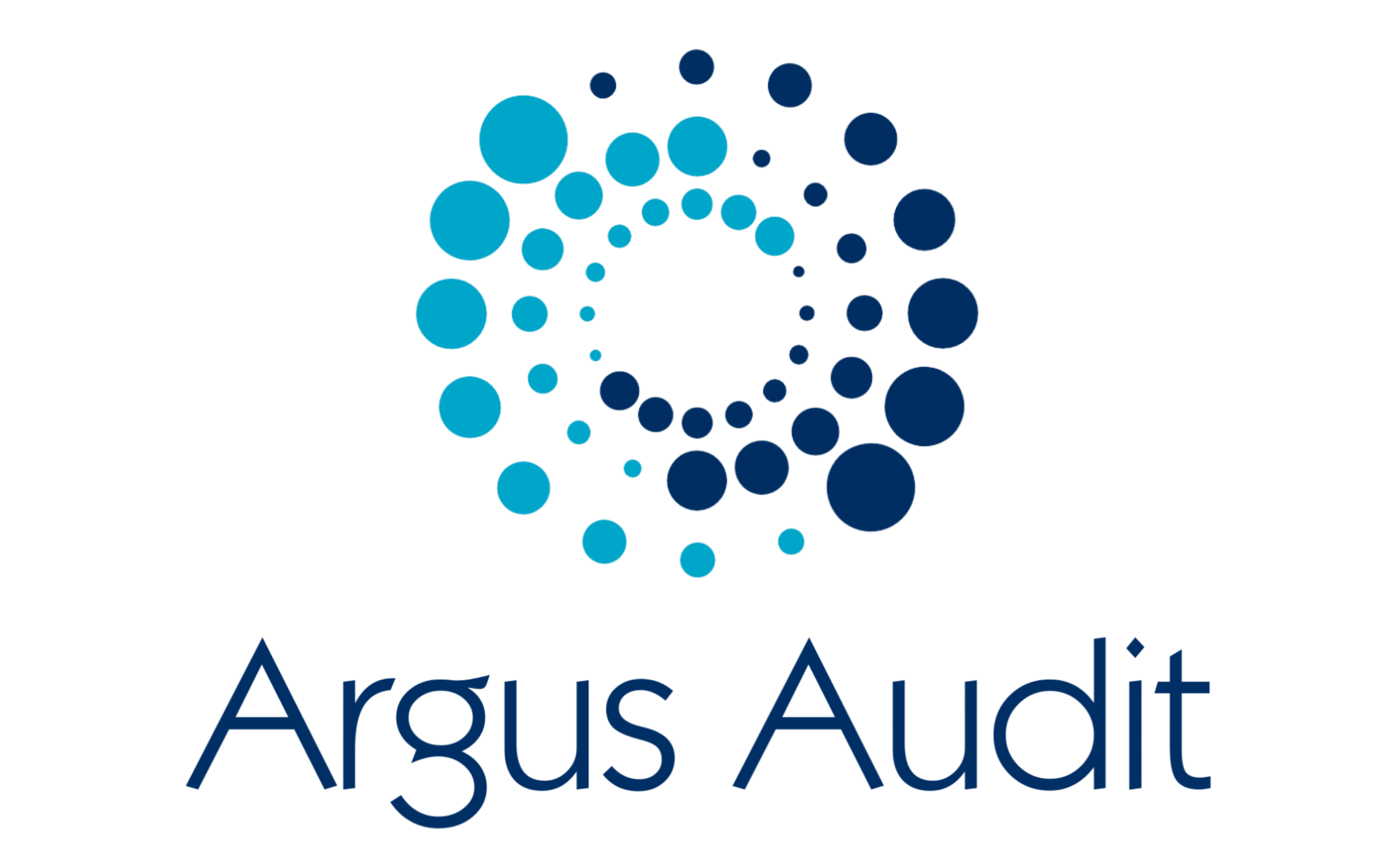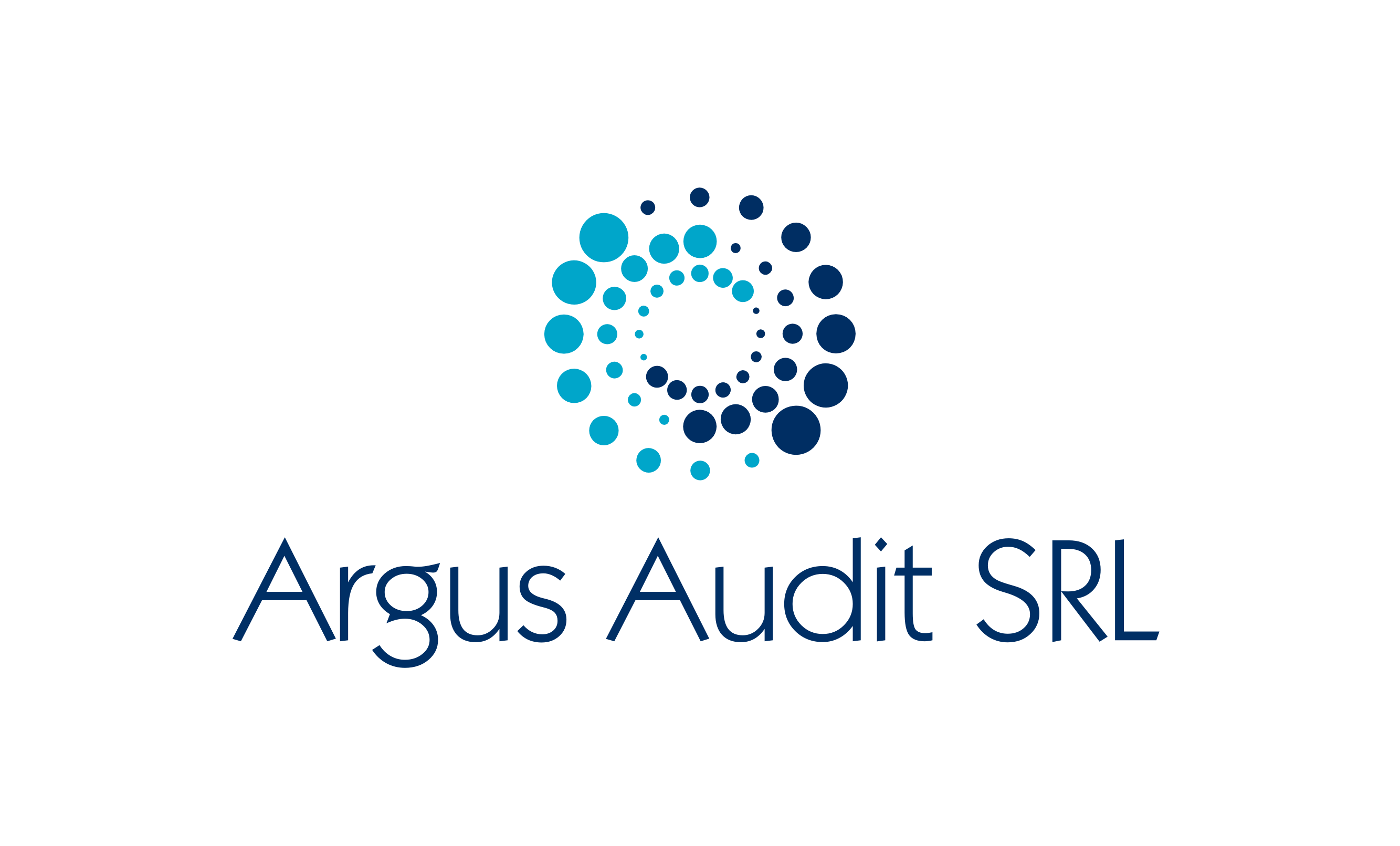Dear Partner,
Willing to act proactively and to support you permanently, we bring you awareness to the fact that the National Agency for Fiscal Administration, has the right to enforce by confiscation all and any amount of money representing income for the company, available in lei or foreign currency, securities or other intangible movable property, owned and / or due, with any title, to the debtor by third parties or that they will owe and / or hold in the future based on existing legal relationships. This right resides in the provisions of art. 230 and the following of the Fiscal Procedure Code upon the Enforcement of the amounts due to the debtors.
Basically, for the fiscal debts due to ANAF unpaid within the legal term, ANAF will communicate a payment summons after the due date of the payment obligation. Within 15 days from the communication of the summons, ANAF will set up a garnishment on your bank accounts and at the same time will send requests for the establishment of garnishment to your clients asking them to pay the debts owed to you directly in the treasury accounts.
The risk of this procedure is that the amounts owed to ANAF are collected twice, both from the debtor of the payment obligation and from his clients. In view of the cumbersome procedure for the restitution of the sums paid twice, it is preferable that such a situation be avoided.
A measure for preventing this situation is of course the payment of the fiscal debts in due dates. Should this occurrence is not possible for justified reasons; it is advisable to communicate with your clients so that they do not make any payment without announcing it in advance.
Also, in practice, we would like to inform you that most of the time the 15-day period is not respected, being often shorter.


